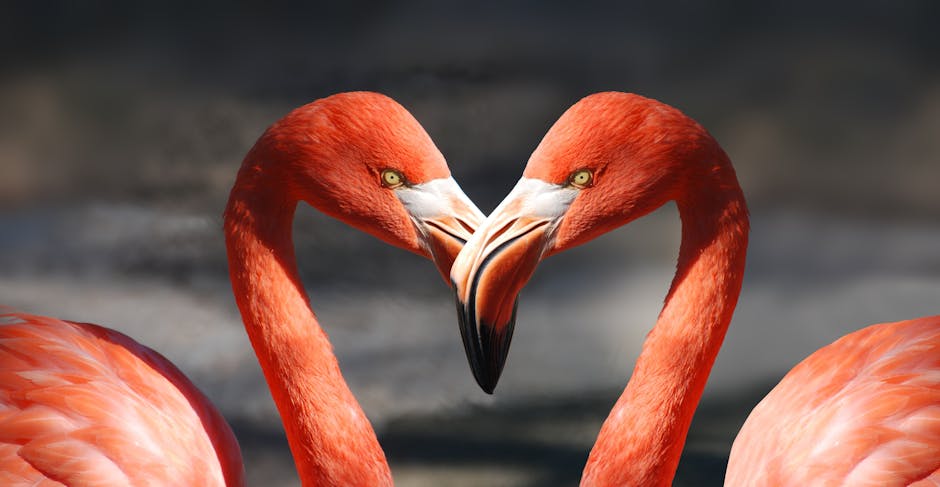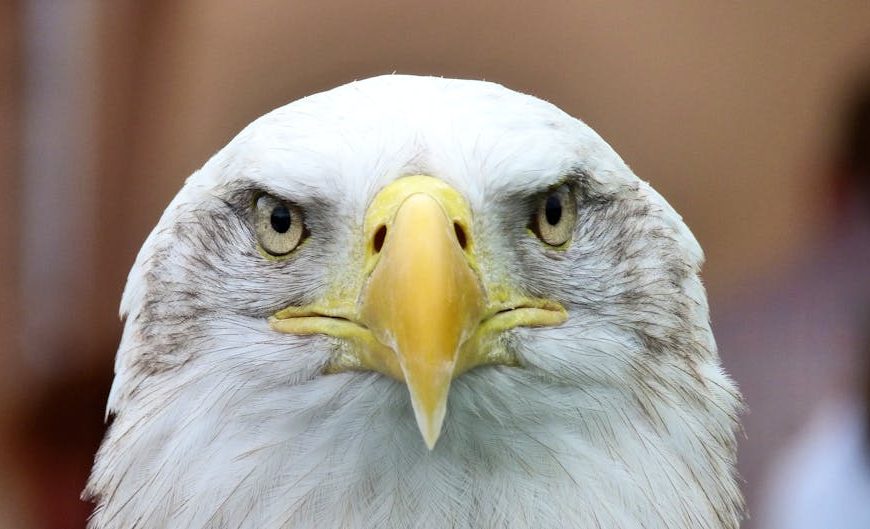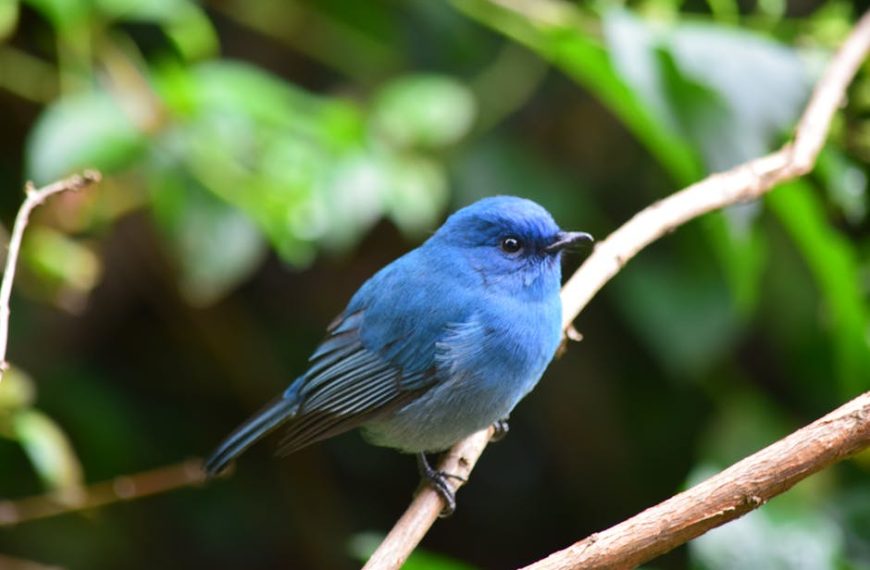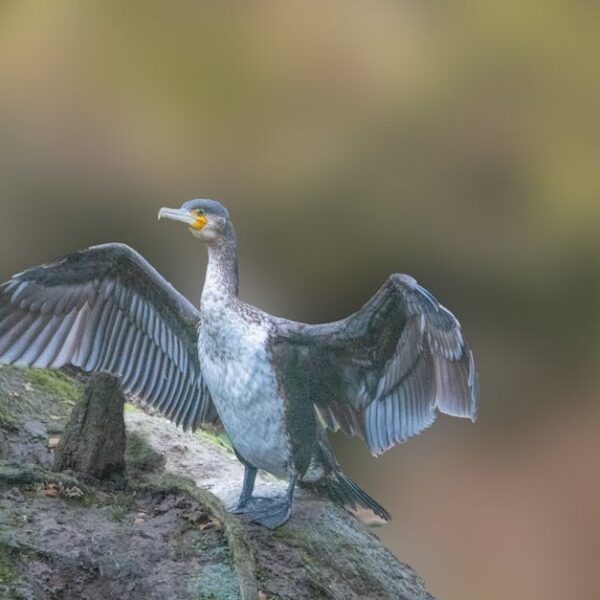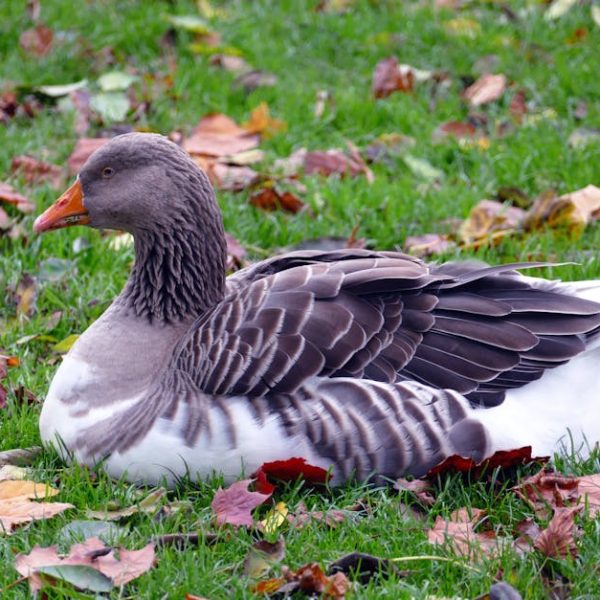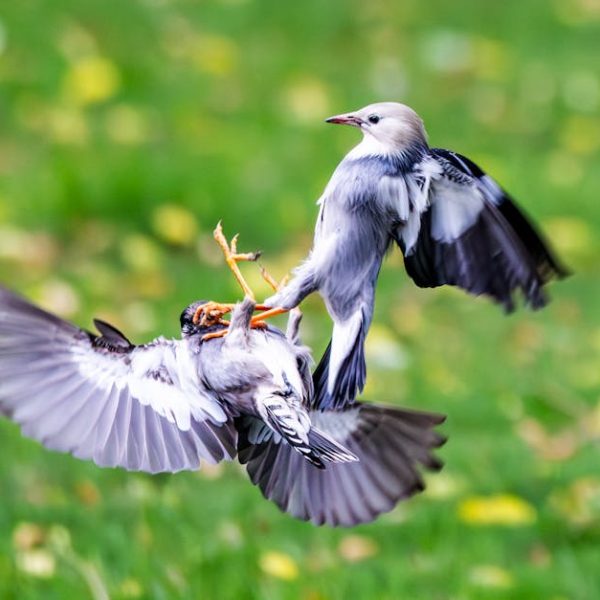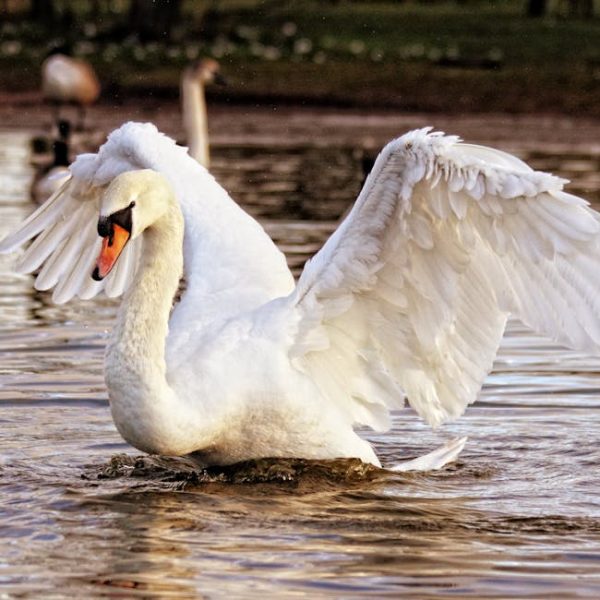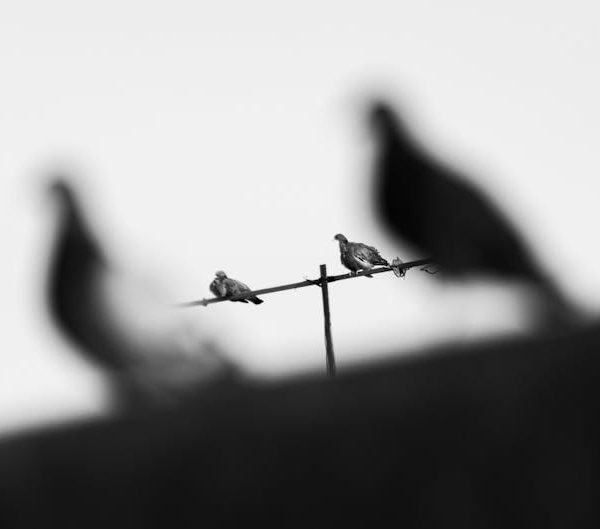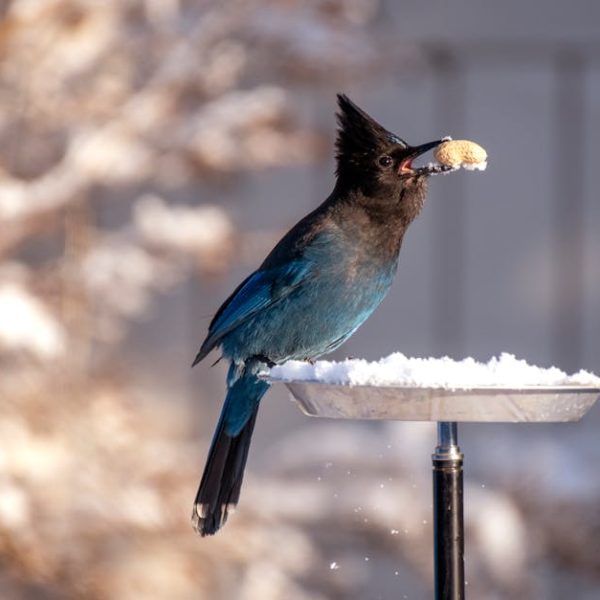Avian aggression is a broad term that regards aggressive behaviors displayed by birds. One common form of aggression in different species of birds is biting. It’s vital to note that biting isn’t an evil or inappropriate action for a bird—it’s just a natural response to different stimuli based on their instincts, personality, and external circumstances.
The main instinctual reasons behind a bird’s biting behavior often include:
- Territorial Defense: Birds can be fiercely protective. If they feel their personal space is invaded, they might bite as a means of asserting their boundary.
- Fear: Fear is a powerful trigger for biting. If a bird gets scared, it might defend itself by biting.
- Mating Behavior: When birds undergo hormonal changes during mating season, they can become more aggressive and might resort to biting.
The key factors that can trigger biting behavior include:
- Fear
- Hormonal changes
- Territorial claims
- Communication and misinterpretation of bird language
These factors don’t function alone, often a mix of these contribute to a bird’s biting behavior.
Understanding Bird Fear and How It Leads to Biting
Recognizing fear in birds is fundamental to preventing bites. Birds, like most animals, have a fight-or-flight response. When a threat arises, and they cannot escape, they may resort to biting to defend themselves.
Look for the following signs to predict whether your feathered companion is scared and might bite:
- Puffed up feathers: If a bird fluffs up its feathers, it may be trying to make itself look larger to threaten any perceived threat.
- Squawking or other distress sounds
- Quick movement away from humans or other perceived threats
- Immaturity: Young, inexperienced birds may show fear more often, and thus might be more prone to biting.
How Hormonal Changes Influence Bird Aggression
Bird aggression often spikes during certain times of the year when hormonal changes accompany the mating season. These changes can make a bird more territorial, leading to aggression and potential biting.
There are a few best practices you can incorporate to manage hormonal aggression:
- Maintain a regular light-dark cycle: Birds are sensitive to light and can become hormonal if their light-dark cycle is disturbed.
- Limit touch: Try to keep your cuddles and touches limited to non-sexual areas.
- Provide a balanced diet: A healthy diet often equates to fewer behavior problems.
- Provide mental and physical stimulation: This can help redirect the energy that might otherwise turn into aggression.
Territorial Behavior in Birds and Its Connection to Biting
Birds are instinctive territorial creatures. Threats to their established territory from humans or other pets can trigger defensive actions, including biting.
Here are some tips to smooth out the conflict:
- Avoid entering a bird’s established territory, especially during mating season
- Provide additional resources like food and nesting spots—abundance often reduces aggression.
- Divert attention with toys or treats to redirect potential aggression.
Communication and Misinterpretation Leading to Bird Bites
Birds express themselves with various vocalizations and body language. Misunderstanding these signals can cause a bird to become frustrated and bite to communicate its displeasure.
Here’s how you can improve your bird language skills:
- Keep an eye out for consistent patterns in behavior and response
- Observe body language and vocal cues in different situations
- Ask a bird behavioral expert or vet for advice on understanding your bird better
Bird Individuality and Unique Biting Causes
Every bird is unique, bringing its own set of triggers and behaviors. Variations in species, environment, and individual personality mean it may take a degree of trial and error to pinpoint the exact causes of biting in your particular bird. Remember, a combination of fear, hormonal changes, territoriality, and miscommunication might trigger biting behavior. Patience and observation are key to understanding your bird.
Key Takeaway:
- Birds, like all creatures, exhibit certain behaviors as a result of their instincts and various external stimuli. Biting is one such behavior seen in many bird species.
- Instinctual causes of biting can include territorial defense, fear, and mating behaviors.
- Other factors that can trigger biting include miscommunication/misinterpretation of bird language, fear, hormonal changes, and territorial claims.
- Managing bird biting involves understanding birds’ fears, the impact of hormonal changes, territorial behavior, and proper communication.
Maintaining a balanced relationship with your avian companion requires patience, understanding, and respect for their unique personalities and behaviors. With the correct approach, you can decrease biting incidents, ensuring a harmonious and enriching companionship.
FAQs
Q: What are some signs that may indicate my bird is about to bite?
A: Behavioral cues such as puffed-up feathers, squawking or making distress sounds, or sudden movements away from people or objects can indicate potential biting.
Q: How can I discourage biting behavior in my bird?
A: Positive reinforcement, providing a conducive environment, and avoiding actions that may scare or annoy your bird can help discourage biting behaviors.
Q: How do I handle my bird if it bites me?
A: Remain calm and avoid reacting negatively. Negative reactions might reinforce aggressive behavior or scare your bird. Navigate the situation gently, reinforcing positive behavior.
Q: Are some bird species more prone to biting than others?
A: Certain bird species may exhibit higher aggression levels due to their nature, but individual personalities also play a significant role. Understanding your particular bird is crucial.
Q: At what age do birds start biting, and does age alter their biting behavior?
A: Age can influence biting behavior, with younger, less mature birds potentially more prone to biting. Birds, however, can bite at any age depending on various factors like fear, hormones, territoriality, or miscommunication.
Don’t hesitate to share this article if you found it useful or explore other posts on our website for more insights.
